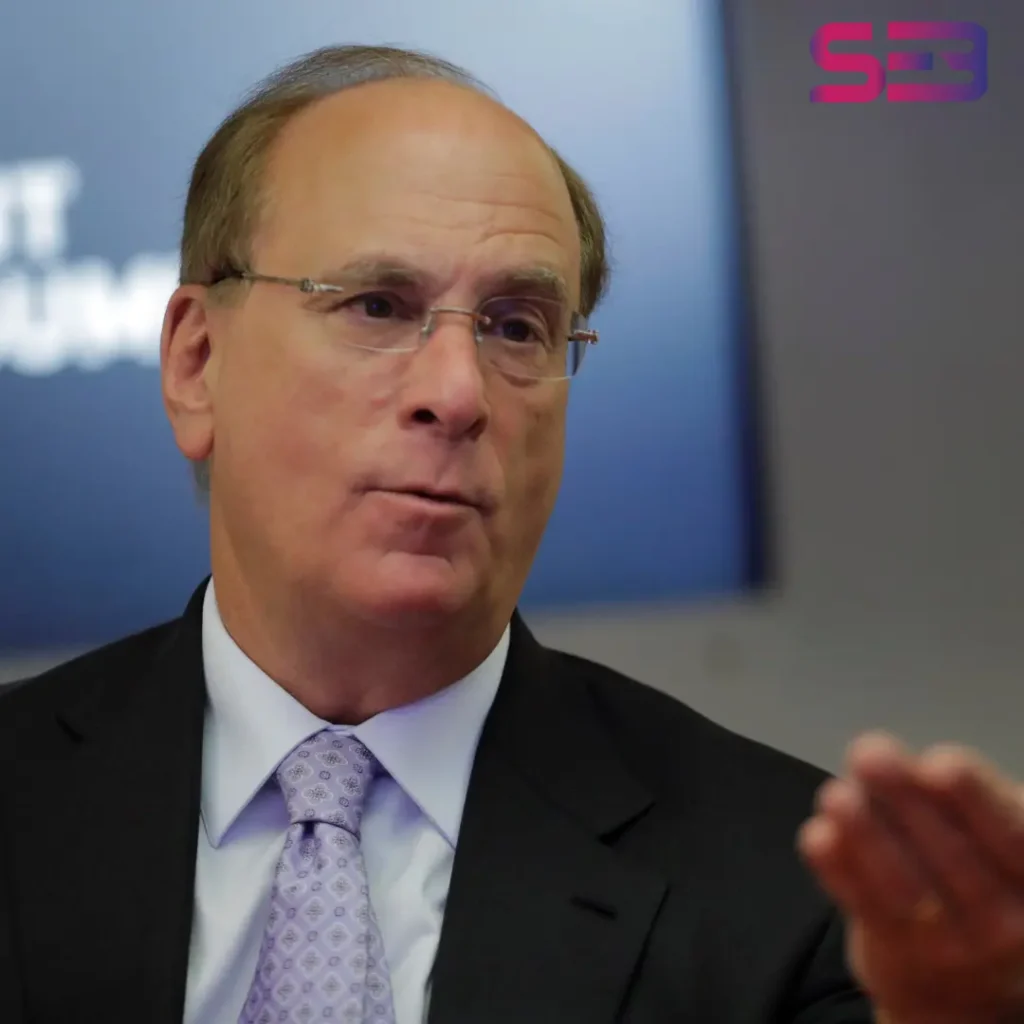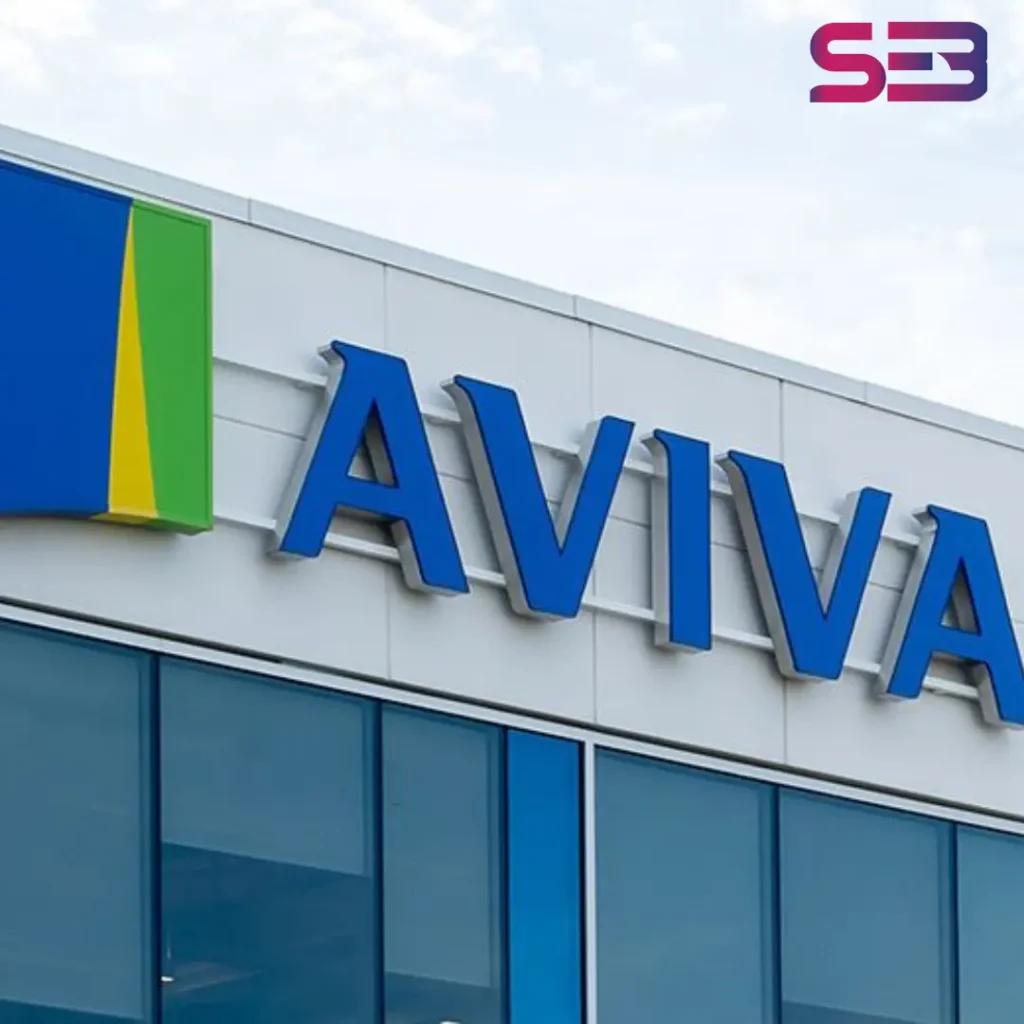DeepSeek’s Impact on AI Stocks
The artificial intelligence (AI) landscape faced a major shift after the launch of DeepSeek, a Chinese AI model with lower costs and less reliance on advanced chips. The debut of DeepSeek on January 27 triggered a sharp selloff in tech stocks globally, raising concerns about the financial viability of massive AI investments in chipmakers and data centers.

Among the hardest hit was U.S. chipmaker Nvidia (NASDAQ: NVDA), a key player in the AI revolution. The company suffered a 17% value loss, amounting to nearly $600 billion in market capitalization. This decline set a record for the largest one-day market cap drop ever recorded.
Despite the initial shock, tech stocks have since rebounded, and discussions around a 19th-century economic theory, known as the Jevons Paradox, have resurfaced
Understanding the Jevons Paradox
Named after British economist William Stanley Jevons, the paradox suggests that increasing efficiency in using a resource often leads to higher demand rather than a reduction. As AI technology becomes more affordable and efficient, investors speculate that demand will surge, rather than decline.
Helen Jewell, Chief Investment Officer at BlackRock (NYSE: BLK) Fundamental Equities, EMEA, noted the sudden interest in the theory.

“I hadn’t discussed it until Monday, and then suddenly it’s everywhere,” Jewell remarked. She highlighted that investors are questioning whether the demand for data centers and their suppliers will remain strong despite DeepSeek’s cost efficiency. Another key concern is the energy demand required for the AI revolution.
AI Stock Selloff and Recovery
The DeepSeek announcement impacted a wide range of AI-related stocks. Dutch semiconductor equipment maker ASML (AS: ASML), along with sector peers ASMI and BE Semi, saw their shares drop between 7% and 12% on January 27. Similarly, Siemens Energy (ETR: SIEGn), a provider of hardware for AI infrastructure, faced significant losses before rebounding later in the week.
Microsoft (NASDAQ: MSFT) CEO Satya Nadella also referenced the Jevons Paradox in a post on X. He stated that as AI becomes more efficient and accessible, its usage will grow exponentially, making it an essential commodity.
The New Investment Buzzword
Portfolio managers are increasingly citing the Jevons Paradox as a reason to remain optimistic about AI investments. Tomasz Godziek, portfolio manager of the Tech Disruptors fund at J. Safra Sarasin Sustainable Asset Management, suggested that lower AI costs could trigger a fresh wave of investment, particularly in software and inference technologies.
Meanwhile, Thematics Asset Management, a Natixis IM affiliate, believes that demand for AI chips will persist. Mark Hawtin, head of the Liontrust global equities team, reinforced this view, saying the paradox strengthens the investment case for AI.

Kunal Kothari, portfolio manager at Aviva (LON: AV) Investors, observed that the falling costs of AI-driven productivity could significantly benefit UK companies. He pointed to firms such as RELX, LSEG, Experian (OTC: EXPGF), and Sage as likely to gain from AI advancements.
Data Center Demand Under Scrutiny
The rapid expansion of AI has led to increased investment in data centers across Europe. With no local competitors to Nvidia, European investors have focused on infrastructure needs. The assumption has been that greater AI adoption requires more chips, expanded data center capacity, and higher power consumption.

However, DeepSeek has challenged this assumption. Kasper Elmgreen, CIO of fixed income and equities at Nordea Asset Management, noted that the Chinese AI model raises questions about what AI requires to function effectively. He pointed out that improved software could reduce reliance on expensive chips and large-scale infrastructure.
Skepticism Amid Optimism
Not all analysts are convinced that the Jevons Paradox will hold in this case. Jordan Rochester, head of FICC strategy at Mizuho (NYSE: MFG) EMEA, expressed doubts. “Many Nvidia optimists pointed to Jevons Paradox to help them sleep better at night, but in the short term, it was less convincing after Nvidia’s meteoric rise,” he stated in a note.

While AI remains a rapidly evolving field, the interplay between cost efficiency and demand will determine the long-term outlook for AI investments. Investors are closely watching whether DeepSeek’s innovations will fundamentally alter market dynamics or reinforce AI’s relentless expansion.
For more information visit our Technology page.




